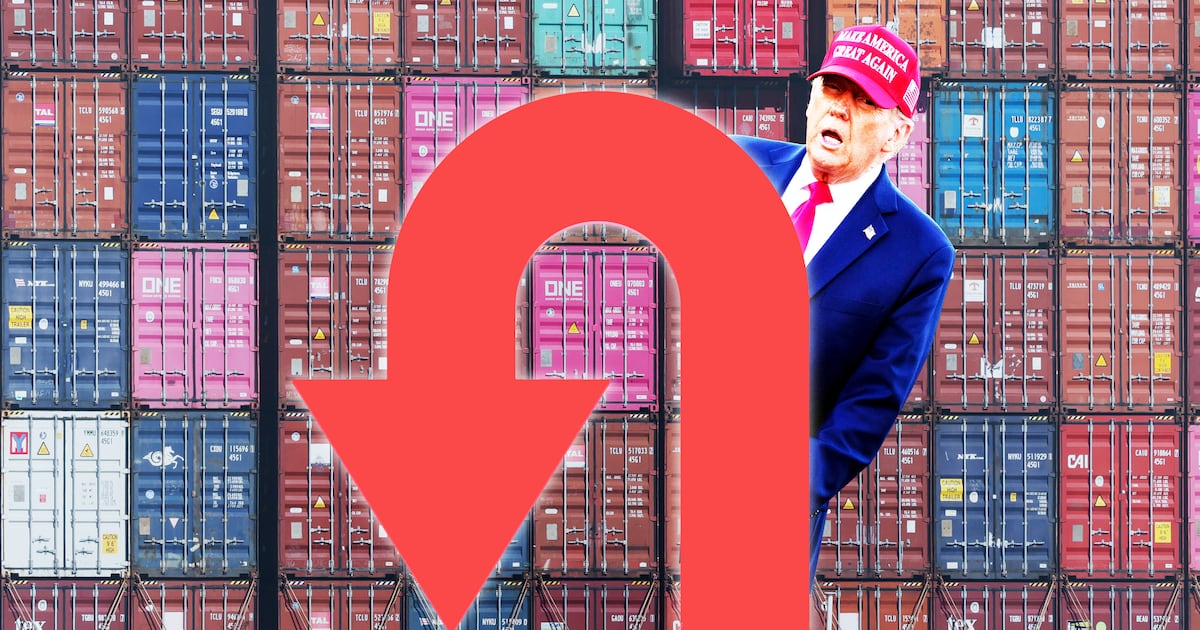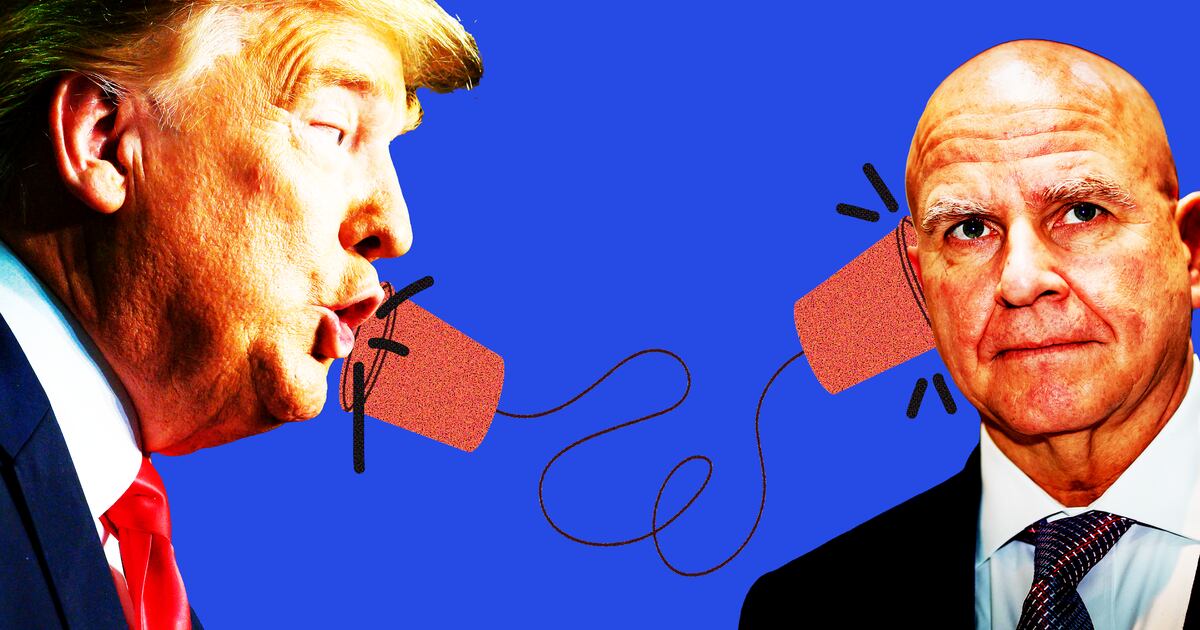Imagine a mob boss were president of the United States. See, that wasn’t very hard, was it?
Now, ask yourself, what kind of trade policy would a mob boss have? It’s a useful exercise because it’s one of the few ways to gain any understanding of the otherwise incomprehensible policies announced this week by President Donald Trump.
If you were looking for any kind of sound economic rationale from the President, or a strategy that would result in fueling U.S. growth, you came away sorely disappointed. The tariffs Trump is imposing on defy the lessons of economic history and are already destabilizing global financial markets.
Though I was once upon a time a senior trade official in the U.S. government, you don’t have to take my word for it. Experts were pretty much universal in their confusion, as were markets that saw the U.S. dollar battered. Investment banks said the likelihood of a recession grew with the move. International leaders were equally baffled. Switzerland’s president Karin Keller-Sutter said, the U.S. “has relied on its own calculations which Switzerland cannot understand.” China called it “unilateral bullying.”
With regard to the kooky way the Trump team calculated what they misleadingly called “reciprocal tariffs,” Steve Liesman on CNBC said: “Nobody ever heard of this formula. Nobody has ever used this formula…. the conclusion seems to be the president kind of made this up as he went along.” Trump’s own former Vice President Mike Pence lambasted them as “the largest peacetime tax hike in U.S. history.”
Other Republicans are feigning surprise at the whole debacle. But that’s because they continue to treat Trump and his administration like it is grounded in the history, traditions or past motives of those who occupied their roles.
Trump, of course, defended it all. Likening himself to a surgeon, Trump wrote on Truth Social: “THE OPERATION IS OVER! THE PATIENT LIVED, AND IS HEALING THE PROGNOSIS IS THAT THE PATIENT WILL BE FAR STRONGER, BIGGER, BETTER AND MORE RESILIENT THAN BEFORE.” Never mind that big tariffs enacted in the 19th and 20th Century yielded disastrous consequences, maybe the president had a greater strategy in mind?
Well, maybe not. In a separate tweet, Trump shifted his emphasis on fixing the economy to a “BIG BEAUTIFUL BILL” on the budget being prepared by Congress. In this social media post, he spoke about cutting spending and, of course, also cutting taxes, which according to some estimates could increase our deficit by as much as $9 trillion dollars. And, furthermore, harm the average American who won’t benefit from the cuts but will bear the bulk of the pain from the tariffs.
So if tariffs don’t work, if they usually cause economic hardship, if they will not help reduce either our fiscal or trade imbalances, if the numbers on which they are based are nutty, how do you explain all this?
Connecticut Senator Chris Murphy got as close as anyone to a plausible explanation. He wrote on social media, “Those trying to understand the tariffs as economic policy are dangerously naïve. No, the tariffs are a tool to collapse democracy. A means to compel loyalty from every business that will need to petition Trump for relief.”
Other observers have suggested that Trump could use the tariffs to cut deals with foreign governments from which he or his family might personally benefit or that would, in any event, give him leverage to advance his international agenda.
They’re all on to something. Trump seldom acts as past presidents do. Clearly, he does not put America’s national interests first. (Otherwise he would not weaken our institutions or national standing with every move he made.) But he does act as a crime boss. And he thinks like a crime boss.
The result is the question to ask when looking to understand a Trumpian action, big or small: What’s in it for Trump? This is usually either a financial or business pay-off for him or his family, something that increases his power or is a manifestation of the pathologies that made him behave like a mob boss in the first place.
With this in mind, Trump’s tariffs do make sense as a form of shakedown—an extortion racket. And because the tariffs are specific to each country and industry, he has the ability to gain leverage over each and every one. He can, as David Sanger wrote in The New York Times, “dial them up or down, like a thermostat.” It’s terrible, destructive economic policy. But as old-school mob bossery goes, it could work.
Trump now, very likely, hopes to spend the months and years ahead with business chiefs and government leaders coming to him on bended knee and saying “Godfather, I come to ask you a favor.” And, of course, after some tawdry humiliation, our Don will respond, “Someday, and that day may never come, I will call upon you to do a service for me.” He will lay out his terms. He will feel powerful, even against those he knows look down upon him. He will get something out of it. If he’s generous, his allies will.
The country won’t. The world won’t.
One final point: Yes, the tariffs are catastrophic. But so too are the myriad other abuses of power we have seen from this administration. So is the corruption. So are the police state tactics. So are the ways in which our national security is being endangered. So above all, are the attacks on core freedoms. One goal Trump may have had is to distract us so we lose sight of these things. To do so would be a terrible mistake.







